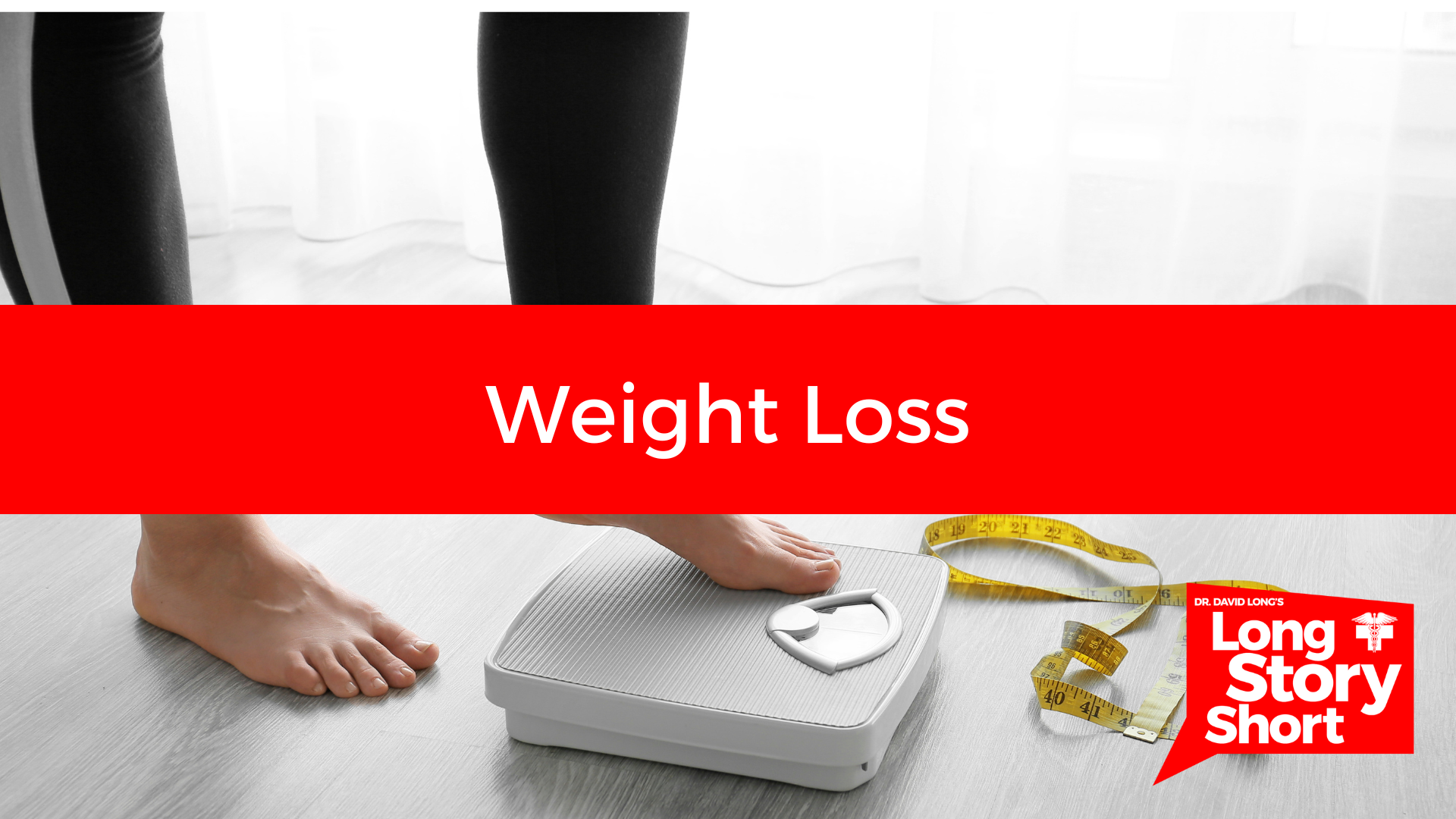Weight Loss Summary
• 70% of adults in the US are overweight or obese.
• Successful weight loss programs should focus on lifestyle changes and include behavior treatment and counseling.
• The goal should be to lose 1-2 lbs/week, while focusing on goal setting, self-checks, diet, and exercise.
• Programs to avoid are those that claim rapid weight loss without diet or exercise.
• Consult a healthcare professional for the best approach for weight loss.
Full Text
Do you think you need to lose weight? Have you been thinking about trying one of the many weight loss programs?
You’re not alone! More than 70% of us adults are overweight or have obesity. And many of them try to lose the extra pounds through different kinds of weight loss programs, but are these programs safe and will they work for you?
Successful weight loss programs should promote healthy behaviors that help you lose weight safely. Successful weight loss programs should include behavioral treatment, also called lifestyle counseling.
It’s important to help teach you how to develop and stick with healthier eating and physical activity habits, information about getting enough sleep, managing stress and the benefits and drawbacks of weight, loss, medications, ongoing feedback, and monitoring and support throughout the program.
Slow and steady weight loss goals. A realistic goal would be to lose one to two pounds a week. A plan for keeping the weight off, including goal-setting. Self-checks such as keeping a food journal and counseling support.
The weight loss programs to avoid are programs that push weight loss without diet and exercise. Programs that say lose 30 pounds in 30 days, programs that claim you can lose weight while eating anything you want as much as you want. There are many proven, safe ways to lose weight, consult your healthcare professional about the best path for your weight loss journey.
I’m Dr. David Long. That was the long story short.





 and then
and then